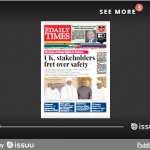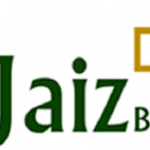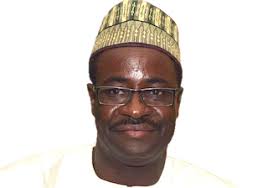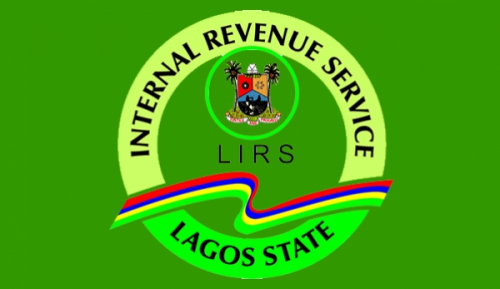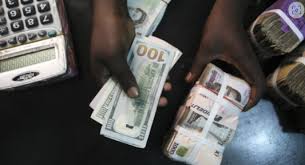Budget implementation, others to shape stock market in 2017 – Analysts
As challenging as the nation’s stock market in 2016 was, analysts say that the situation for investors in the market could get tougher except the right policies are put in place.
“As the market resumes for another year today, investors are already taking positions in the sectors the budget will touch but if we are out of recession with good GDP number, the market will be better for it.” an analyst with Dependable Securities told our correspondent
According to him, another issue to determine the direction of the stock market is the harmonization of the foreign exchange market. There are long-term investors who invest in certain periods as this; however, speculators are sitting on cash currently. Nevertheless, with budget implementation, Cement, Agriculture and Construction sectors are likely to benefit the most from the budget once implemented.
The federal government had earmarked over 30 percent of the N7.3 trillion budget to capital expenditure. This amounts to about N2.24 trillion.
Another analyst said there would be an improvement at the Federal Government level in 2017, going by the various fiscal policy measures being articulated to stimulate the economy.
Dr. Glenn Prince-Abbi, the Chief Executive Officer, Espera Global Corporation, had in an interview with the News Agency of Nigeria, said Nigeria’s foreign reserves would likely improve in 2017 with sustained stability in crude oil production output and through a progressively diversified export revenue structure.
Last year, the Chief Executive of the NSE, Mr. Oscar Onyema, had anticipated the return of investors who had remained on the sidelines throughout 2015, according to him, the return of investor confidence depended on the effective implementation and communication of the government’s economic blueprint; credibility in monetary policy stance; relative stability in the macro economy (Oil price stability above benchmark targets, increase in tax collection to GDP ratio, etc.); and improved security.
These issues still crave attention as, one year after, the criteria for the return of investors, according to the nation’s stock market boss, is far beyond desiring. Nigeria’s Gross Domestic Product (GDP) recorded a negative growth of -2.1 percent, while the Naira exchanging for N304 per dollar at the official market in the latter part of the year at the Foreign Exchange Market.
Another analyst, however, believes the exit of foreign investors had a negative impact on the stock market though this might have contributed to the reduced volatility in high-priced stocks such as Nestle Plc.
Overall, the poor stock market performance was, however, a reflection of the effect of oil price shock, Forex challenges as well as uncertainties in global economy occasioned in part by Brexit which kept many foreign investors on the sidelines.


